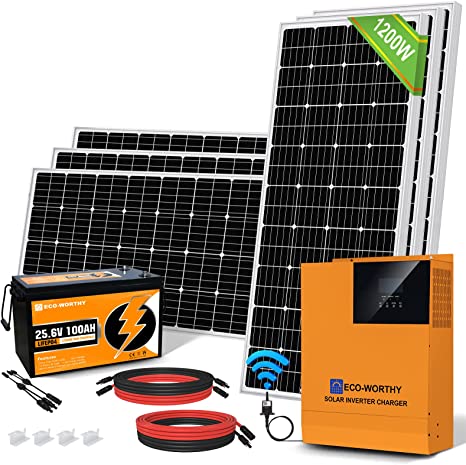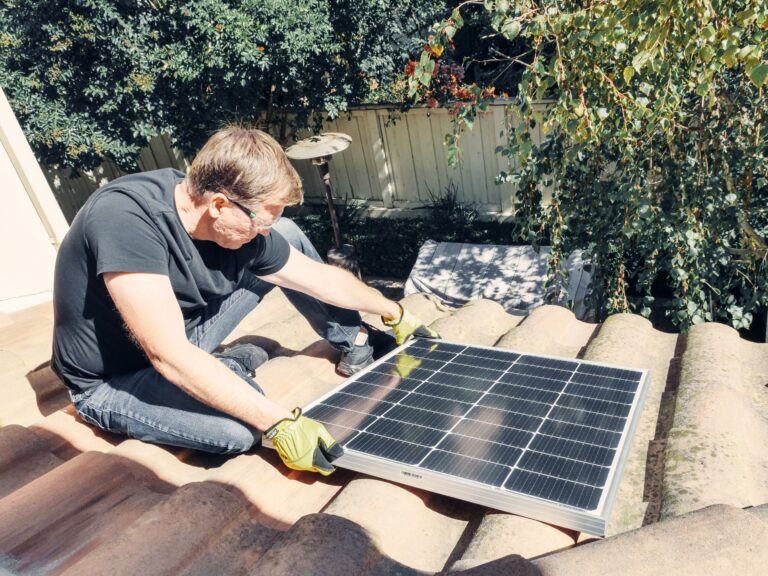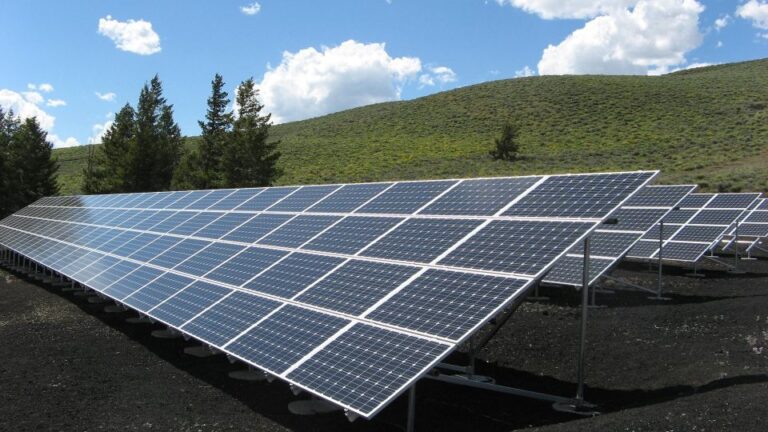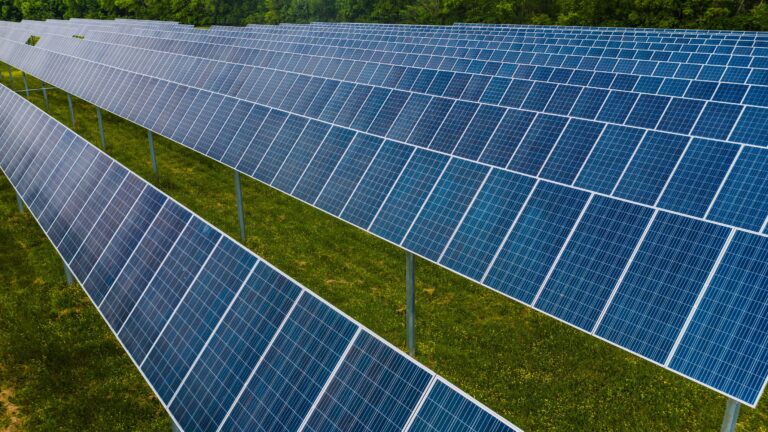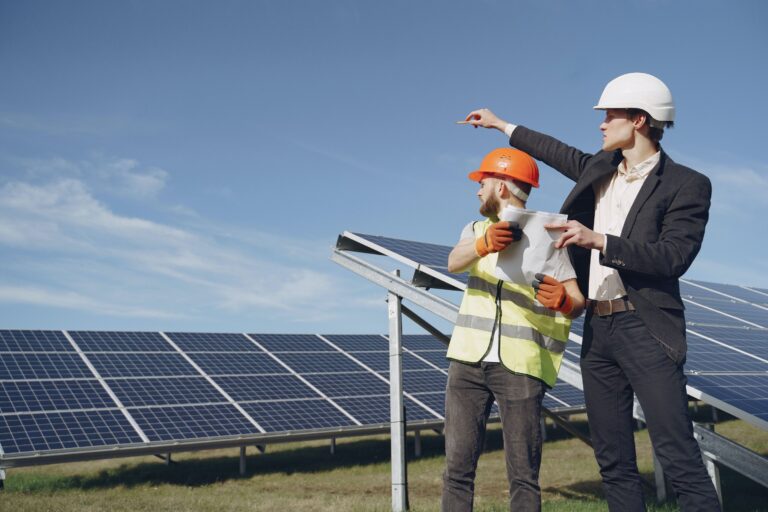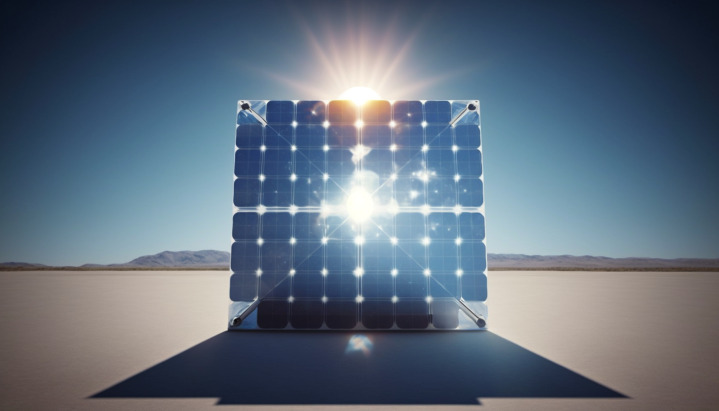Solar Panel Financing Options: How to Pay for Solar Panels
Solar energy has become increasingly popular due to its low cost and ease of use. While the upfront expense of solar panel installation can be a barrier for many, there are various financing options available. Paying in cash allows homeowners to avoid interest costs and qualify for tax breaks. Solar loans provide an opportunity to finance the installation, while power purchase agreements (PPAs) allow homeowners to buy solar energy without owning the panels. Solar leases are another option, allowing homeowners to enjoy the benefits of solar panels without maintenance fees. Choosing the right financing option depends on individual circumstances and preferences.
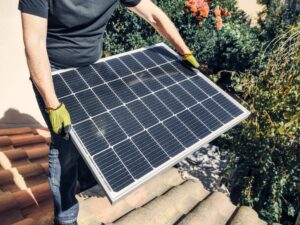
Table of Contents
Solar energy has grown in popularity in recent years due to its low cost and ease of use. Solar panels allow homeowners to minimize their carbon impact while also lowering their electrical costs. The upfront expense of solar panel installation, on the other hand, might be a considerable obstacle for many individuals. Fortunately, there are a variety of financing alternatives available to make solar panel installation more reasonable.
In this blog article, we will look at some of the most common solar panel financing alternatives to help you decide which one is best for you.
Paying for Solar Panels in Cash
When it comes to financing your solar panels, spending cash is the simplest choice. You can avoid interest costs and qualify for tax breaks if you pay for your solar system in full up front. Here are some factors to think about when paying cash for solar panels:
- Price: The price of solar panels varies based on the size of your system and the type of panels you select. Paying with cash, on the other hand, might save you money in the long term by eliminating interest costs.
- Tax breaks: If you pay for your solar panels in cash, you may qualify for tax breaks. These incentives might help offset your system’s cost and make it more affordable.
- Return on investment: While spending cash for solar panels may appear overwhelming at first, it may yield a considerable return on investment over time. You may lower your energy costs and perhaps make money by selling extra energy back to the grid if you generate your own electricity.
- Maintenance and repairs: When you own your solar panels entirely, you are responsible for any necessary maintenance and repairs. Solar panels, on the other hand, are typically low-maintenance and have a long lifespan.
- Finance alternatives: If you cannot afford to pay for solar panels in cash, there are different finance solutions available. Solar loans, leases, and power purchase agreements are examples of these.
In conclusion, buying for solar panels in cash might be a wise option for homes with the necessary means. You may save money and create your own renewable energy by avoiding interest costs and taking advantage of tax breaks.
What Are Solar Loans?
If you’re thinking about putting solar panels on your home, you might be asking how to pay for it. A solar loan is one option to explore. This loan is intended to assist households and businesses in financing solar energy projects.
A solar loan is a sort of finance that allows you to borrow money to pay for solar panel installation. These loans are often made available by government agencies or commercial lenders, and they include provisions for solar energy projects. Depending on the lender, loan terms, interest rates, and conditions may differ.
Solar Loan Advantages
One of the primary advantages of a solar loan is that it allows you to finance your solar panel installation rather than paying for it up once. This is especially useful if you don’t have the funds to complete the job. Furthermore, some lenders provide no-money-down low-interest solar loans, making it even easier to fund your solar energy improvements.
How to Apply for a Solar Loan
To obtain a solar loan, you must first locate a lender who provides this sort of financing. Begin by looking at government agencies and commercial lenders in your region. Once you’ve identified a lender who provides solar loans, you’ll need to apply for the loan and give details about your solar energy project.
What Is A Power Purchase Agreements (PPAs)?
PPAs are a popular financing option for homeowners who want to buy solar energy but do not want to own the solar panels. In this post, we will look at what PPAs are, how they function, and what they may offer.
A power purchase agreement (PPA) is a contract between a solar firm and a homeowner that allows the homeowner to buy solar energy without owning the solar panels. The solar firm installs and maintains the panels on the homeowner’s property and bills them for the electricity they generate.
How do PPAs function?
The solar firm owns the solar panels and is responsible for their maintenance and repair under a PPA. The homeowner agrees to buy the energy generated by the panels at a fixed rate for a specific length of time, generally 10 to 25 years. The rate is usually lower than the homeowner’s current utility rate, resulting in immediate energy bill savings.
What are the advantages of PPAs?
- Low to no upfront costs: The solar firm pays for the installation and maintenance of the panels, making it an economical alternative for homes.
- Immediate savings: Solar energy’s fixed rate is often cheaper than the homeowner’s existing utility rate, resulting in immediate savings on their energy bill.
- No maintenance or repair fees: The solar firm is responsible for maintaining and repairing the panels, so the homeowner incurs no additional expenditures.
- Environmentally friendly: Solar energy is a clean and sustainable source of energy that reduces the carbon footprint of the household.
Finally, PPAs are an ideal financing alternative for homeowners who want to acquire solar energy but do not want to own the solar panels. PPAs are an economical and ecologically good solution for households since they have little to no upfront expenditures, instant savings, and no maintenance or repair fees.
What Are Solar Leases?
A solar lease might be a reasonable solution for homeowners who wish to switch to solar energy but are unwilling to pay significant upfront fees. You lease solar panels from a solar firm and pay a monthly charge to consume the energy produced under this arrangement.
One of the primary advantages of a solar lease is that it allows homeowners to get the benefits of solar panels while incurring no maintenance fees. The solar firm is in charge of the panel maintenance, so you won’t have to worry about any repair or replacement fees. Furthermore, most solar leases include a performance guarantee, which implies that the solar business will assure that the panels produce the desired quantity of electricity.
Solar Lease Considerations
It is critical to understand that when you choose a solar lease, you do not own the panels. This means you cannot take advantage of any tax breaks or incentives offered to solar panel owners. Furthermore, if you decide to sell your house, you must transfer the lease to the new owner, which may be a difficult procedure.
Another factor to consider is the term of the lease. Most solar leases have a length of 20-25 years, which means you will be paying the monthly rate for that time period. If you opt to end the lease early, you may face fines.
Does a Solar Lease Make Sense for You?
Finally, the decision to lease a solar panel is influenced by your personal circumstances. A solar lease might be a smart alternative if you want to enjoy the benefits of solar energy without any upfront fees or maintenance duties. A solar loan or cash purchase, on the other hand, may be a better option if you want to own the panels and receive tax credits. To identify the best solution for your needs, conduct research and talk with a solar specialist.
Conclusion
To summarize, investing in solar panels is a wise decision for anybody wishing to save money on their electricity bills while also contributing to ecologically responsible energy consumption. Obtaining solar panels has become more inexpensive than ever before, thanks to several financing choices such as cash, solar loans, PPAs, or leases. You may easily install solar panels without breaking the bank if you choose the correct financing solution for your requirements and financial position. So, if you want to help the environment while also saving money in the long term, investing in solar panels is absolutely something to think about.

